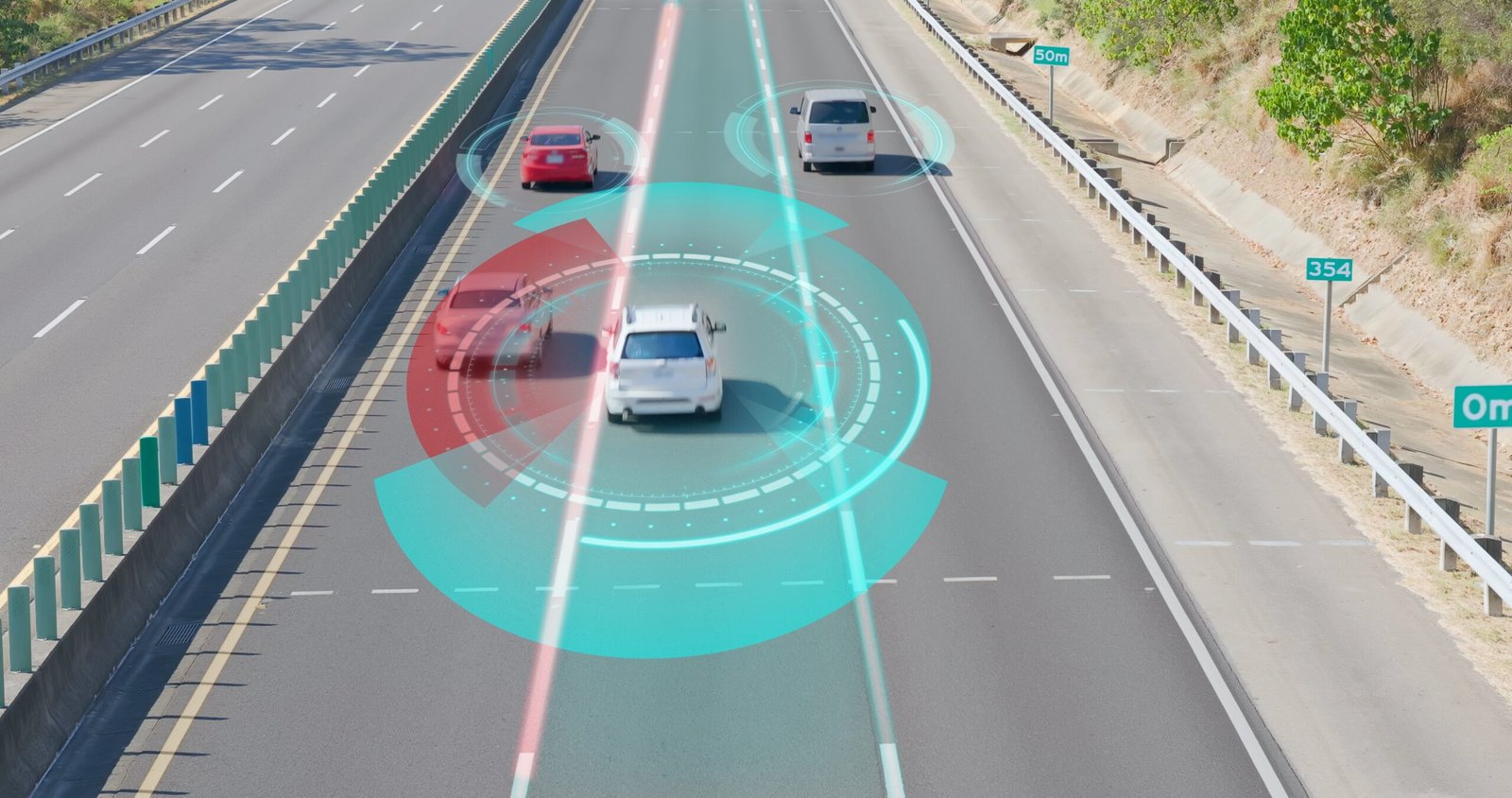Introduction: The Electric Pivot in Southeast Asia
Brief context: Thailand’s ambitions to become an EV hub by 2030.
Surge in Chinese EV brands dominating local market share
Core question: Can Thailand’s EV strategy withstand China’s price war?
Thailand’s EV Strategy: Ambition Meets Reality
30% EV production target by 2030 (government policy goal)
Thailand 4.0 and EEC as key enablers
Investment incentives and tax perks for local manufacturing
Role of state agencies (BOI, MOI, DEPA)
China’s Price War: A Disruption or a Catalyst?
Key players: BYD, Neta, MG, Great Wall Motors
Price undercutting & aggressive retail rollouts
Benefits to consumers vs. long-term impact on local industry
Risks of supply chain overdependence
Competitive Landscape: How Local Players Are Reacting
Thai legacy automakers’ response: Honda, Toyota, Nissan
Strategic partnerships, battery plants, tech localization
Startups in the EV ecosystem: charging infrastructure, battery recycling, SaaS
Thai EV brands (if any): Are they gaining traction?
Policy Crossroads: Can the Thai Government Adapt?
Risks of continued subsidy to foreign-dominant EV market
Balancing FDI and local content requirements
Trade-offs between consumer prices and industrial growth
Key policy decisions expected Q4 2025
Strategic Moves for CEOs & Startup
How to play the EV wave without being crushed by competition:
Invest in EV-supportive tech (charging, software, logistics AI)
B2B services to Chinese OEMs
Niche mobility solutions (last-mile EV, subscription models)
Manufacturing ancillary components locally
Smart capital allocation: Where to invest and where to hedge
Government incentives to leverage right now
Case Studies
Example 1: Thai EV startup partnering with Chinese OEM for distribution
Example 2: Charging infra company scaling with private equity
What’s Next: 2025–2030 Outlook
Regional impact of Chinese EV expansion: Indonesia, Malaysia
How Thailand can reclaim local EV narrative
M&A and consolidation trends to watch
Predictions on policy shifts and trade implications
Interesting Reads :








